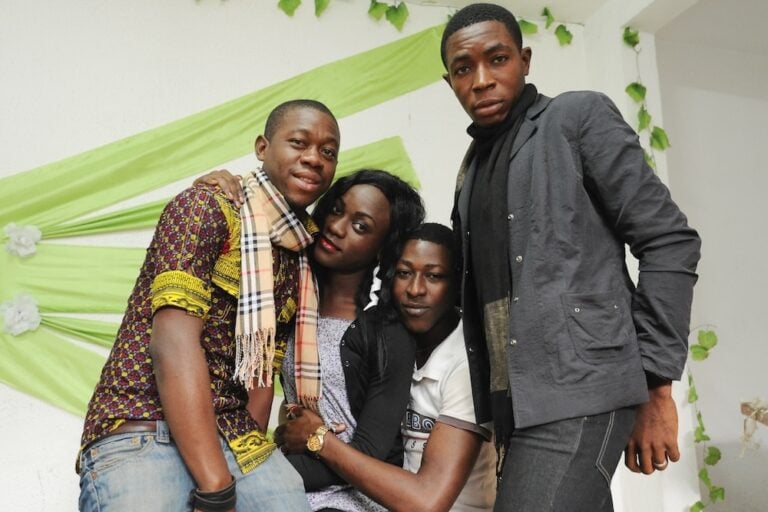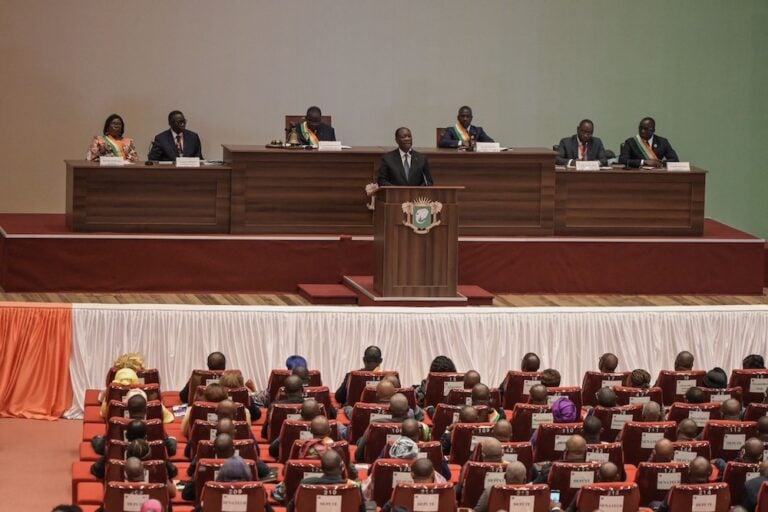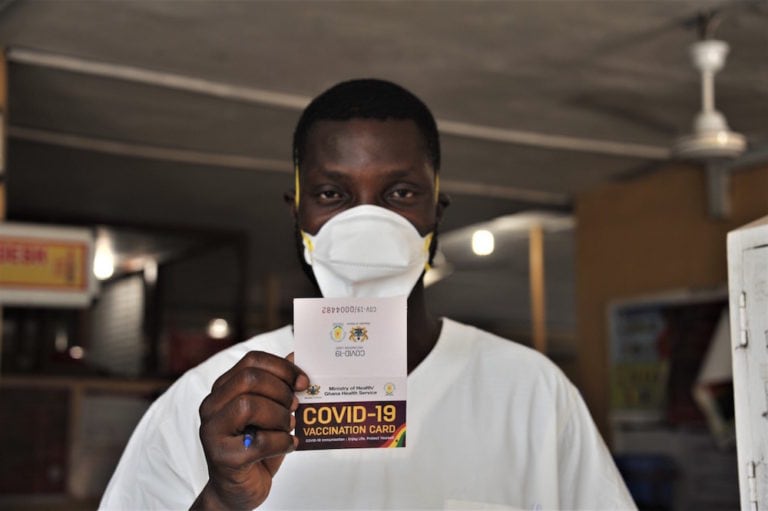(IFJ/IFEX) – The following is a 30 August 2007 IFJ media release: IFJ Condemns Ransacking of Private Newspaper by Students in Côte d?Ivoire The International Federation of Journalists (IFJ) today condemned the recent attack on a newspaper in Côte d’Ivoire by dozens of young people in protest against the publication of an article linking a […]
(IFJ/IFEX) – The following is a 30 August 2007 IFJ media release:
IFJ Condemns Ransacking of Private Newspaper by Students in Côte d?Ivoire
The International Federation of Journalists (IFJ) today condemned the recent attack on a newspaper in Côte d’Ivoire by dozens of young people in protest against the publication of an article linking a student group to an opposition political party.
“We urge the authorities to conduct an investigation in order to bring those responsible for this attack to justice,” said Gabriel Baglo, Director of the IFJ Africa office. “This is the one of numerous recent attacks on media in Côte d’Ivoire and if the government ignores this attempt to intimidate the press, it will only provide more incentive for this type of violence and intimidation to continue.”
On Monday morning about fifty young people claiming to be members of the Student Federation of Côte d’Ivoire (FESCI) ransacked the headquarters of private daily newspaper L’Intelligent d’Abidjan. Journalists and other newspaper staff were forced out of the building while the mob raided the newspaper’s offices and stole a camera, compact discs, a recorder, dictionaries, a computer memory card and other materials.
Police came to the scene and negotiated with the attackers until the group left the newspaper’s headquarters. No one was arrested.
The attackers were lead by Jean-Claude Koffi, who claimed to be the First National Deputy Secretary of the FESCI. Koffi said the group came to protest against the newspaper’s refusal to publish his rejoinder to an article alleging that the student group had switched political allies.
On August 14th, L’Intelligent d’Abidjan published an article saying that militants in the FESCI had joined the opposition party Union pour la Démocratie et la Paix de Côte d’Ivoire. The FESCI has long been considered an organization close to the ruling party Front Populaire Ivoirien.
Foungbé Valéry, a senior editor of L’Intelligent d’Abidjan, told IFJ that his newspaper has not published the statement because Koffi did not have any proof that he was writing on behalf of the FESCI.
This is not the first time young people claiming to be from the FESCI have attacked the media.
On 15 July, 2006, students claiming to be members of the FESCI attacked the headquarters of Ivorian public television to protest the broadcast of a statement by the teachers’ union announcing the boycott of examinations. Three people were wounded in this attack and the station’s main building and some vehicles were damaged. The attackers also stole a camera and a mobile phone from one of the station’s cameramen.
So far no one has been arrested in connection with this attack.
The IFJ represents over 600,000 journalists in 114 countries.


